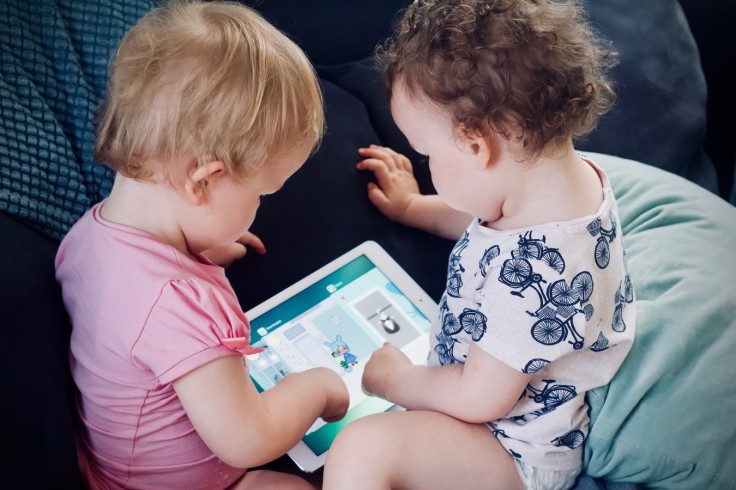
For a world that's fed up with technologies, it's no surprise that everyone - as in EVERYONE - utilizes gadgets in their daily life. Yes, even the youngsters use them too (as young as babies). So what's the big deal? While gadgets can finally complement our children's education as they enroll in a big school, pediatricians and educators will be the first to say that toddlers don't need them to learn at their age. Why? Below, we will discuss the effects of screen time for your baby.
Francis Dimalanta, M.D., a Developmental and behavioral pediatrician and Tina Zamora, educator of Nest School of Child Development, give their expert view on how technology devices affect learning and the developmental progress among toddlers.
Effects Of Gadgets In Toddlers
Tina Zamora points out that "Gadgets are a very powerful tool when you give it to a child. You might think it's a toy, and it's harmless, but it's a powerful tool," during the "Parenting in the Digital World" by the Smart Parenting Masterclass Toddler Expertips. The experts helped acknowledge the scopes of a toddler's development and the impacts of gadgets when it is practiced too early during the webinar that is also co-presented by Nido.
Kids Develop Less Empathy
Dr. Dimalanta clarified that "The caveat is gadgets don't cause developmental delay, but they actually make a child less responsive because they are glued to it." "They are looking at the screen, something that will not react to them, so they lack empathy," she continued.
"It might seem that they are smarter, more intelligent [when they learn and absorb information using the gadget]," says Zamora. She also informs that the unhealthy consequences of gadget custom may not be known instantly, but in the long run, "But with all the studies that we've read, you are going to feel [the effects] later on. Less attention span, less interaction with classmates, less empathy, and less eye contact."
Gadgets Can Limit Tactile Learning
Children may be educated by a phone, tablet, or laptop of the basics alphabet, counting, and colors, yet it's not the same as learning through actual activities like blocks and other tangible toys.
Dr. Dimalanta explained, "Children should learn using the hand, and all senses should be stimulated. They learn Math using building blocks better than seeing it on screen." He added that "Yes, they can probably memorize rotely [what they learn on screen], but they [may] not know the reason behind it."
He also stated that "Some children first learn how to swipe before they can write." With an example given, "Supposedly, a 2-year-old already has pencil grasp while a 3-year-old can write on a pad." Dr. Dimalanta continues by explaining that gadgets also influence the advancement of excellent motor skills. Some may even pause or skip a milestone, like writing using a pen.
"Two to six would learn through touching, messy play, holding a book, and using blocks." He emphasized that toddlers should be engaged in touching and feeling.
Using Gadgets Too Early Can Affect Speech & Language
Parents, it might be a good idea to start meddling when your child is spending more time using gadgets than interacting with people around him. Dr. Dimalanta said that communication is back and forth language and the screen doesn't accommodate that.
There are two kinds of speech: expressive and receptive. Dr. Dimalanta covered in more detail that "Expressive is being able to learn what words to say while receptive is understanding (what is being said)." He appended that "A lot of kids can say words, but they don't understand its meaning, so you're fooled into thinking my child's so good. This can be bridged if parents read with them and talk to them."
"To help them [acquire language skills] talk to them and not [let them] to live in the tablet," suggests Dr. Dimalanta. It helps that Filipino children are usually exposed to extended families like Lolo, Lola, and Ninang, giving them more opportunities for communication, he added.